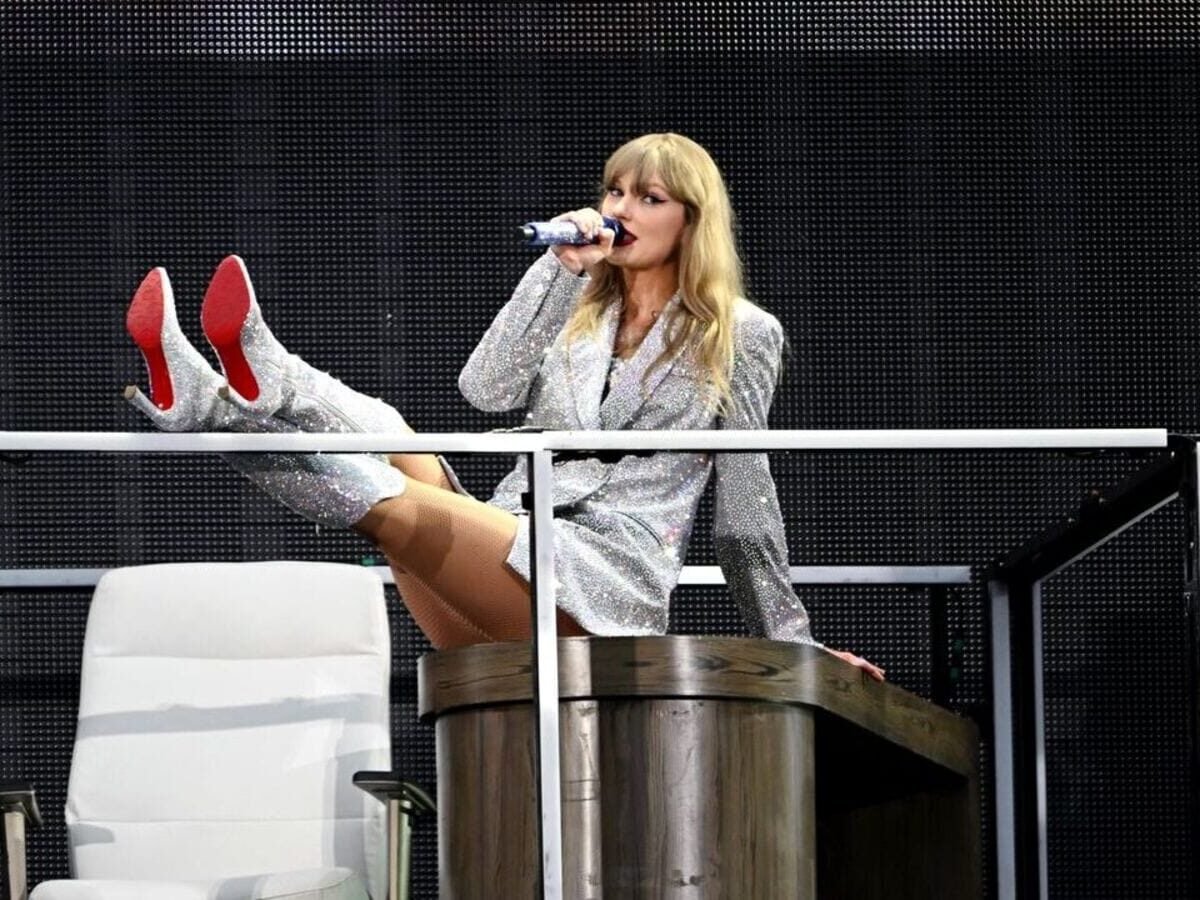Taylor Swift ended the European leg of her Eras tour on Tuesday at London’s Wembley Stadium, delighting nearly 100,000 cheering “Swifties”—but leaving many who couldn’t snag a ticket disappointed. One reason: the failure of the secondary market in tickets. Swifties have the same mental biases as the rest of us, making them reluctant to sell even at eye-watering prices.
Markets work on the basis of supply and demand setting a price. If there is more demand than supply, the price rises until fewer people are willing to buy and more are willing to sell. The basic problem is that Swifties mostly aren’t willing to sell, so the price soars until demand is destroyed—hitting well over $1,000 for many tickets.
I have firsthand experience: My eldest offspring snagged tickets months ago to take my besequinned wife (but not me) to the latest Eras concert. By this week the tickets were changing hands at more than eight times face value, and both agreed they wouldn’t buy them at such a high price.
Given they wouldn’t buy at this price they ought to be, on traditional economic assumptions, willing sellers. But both dismissed the idea out of hand—and not merely because trading tickets is trickier than trading shares. There probably would be some ludicrous price at which they would have parted with the tickets, but even a quick profit of eight times their outlay in a matter of months wouldn’t do it.
This isn’t only about Taylor Swift tickets. Psychologists and behavioral-finance academics have long since established that we are all biased in favor of what we already own, valuing it more highly merely because we already have it, something they call the endowment effect.
Combine it with status-quo bias and loss aversion, and this effect handily explains why the secondary market in tickets is dysfunctional. As three luminaries of behavioral finance, Daniel Kahneman, Jack Knetsch and Richard Thaler, put it before Taylor Swift was born: “The disadvantages of a change loom larger than its advantages.”
For bands with less hype, this dysfunction is less important—last-minute tickets were still available for New Order this week, for example, with the added benefit for me of at least better music. But Taylor Swift tickets were in such demand when they first went on sale that they were rationed, so those allocated a ticket were grinning like they were winning. That feeling made them even less likely to sell later on.
These mental biases apply differently in different markets. In stocks, loss aversion often leads shareholders to dump their winners and hold on to losers to avoid crystallizing the loss—as though it isn’t real until the sale delivers less cash. Chartists like to draw lines on graphs showing previous tops on the basis that they provide a “resistance level”—part of the logic being that when prices get back up lots of investors will want to sell because they no longer have a loss.
In reality it is usually better to run your winners and ditch the losers, because stock prices have momentum. But that means accepting that losses are just as real whether the stock is held at the lower price or sold.
One mental bias increasingly obvious in the U.S., if not yet part of behavioral finance, is against billionaires. Taylor Swift is one of the exceptions that proves the rule, managing to be wildly popular and a billionaire—which might be why the disaster that was the launch of ticket sales for the U.S. leg of her tour last year created so much political interest in Live Nation Entertainment, owner of Ticketmaster.

View Full Image
The implosion of the company’s systems under the weight of demand from Swifties, plus perceived unfairness and fees, led to pressure in Congress and then an antitrust case. The antitrust argument relies on one of the tenets of traditional economics, that competition is a good thing. Live Nation is accused by the Justice Department of operating a monopoly to reduce competition, pushing up prices, limiting performances and reducing innovation. (The innovation it does have is disliked: Its app is rated 1.4 stars by users of the Google Play Store.)

View Full Image
The company’s defense is more uneconomic than economic: It argues that it makes so little profit it can’t possibly be operating a harmful monopoly. Indeed, it was unprofitable from the 2010 merger of Live Nation and Ticketmaster until 2021. Last year, it points out, its net profit margin was just 1.4%, far from the 20%-plus of the Big Tech oligopolies. It produced an 8% return on invested capital, which shouldn’t make investors’ hearts race. Yet the shares have risen fivefold in a decade.
Whatever the outcome of the antitrust action, there is no legislating for our personal preferences—whether or not they include Taylor Swift’s music.
Write to James Mackintosh at james.mackintosh@wsj.com





